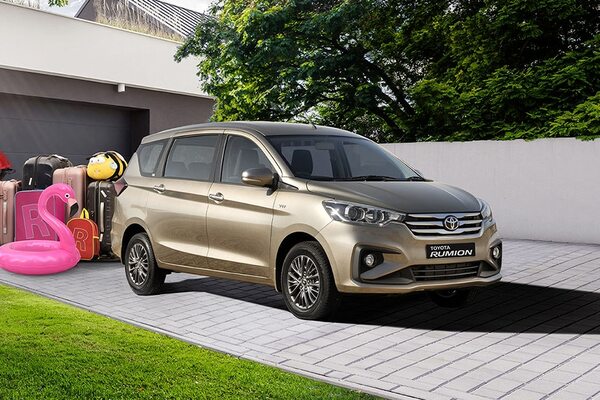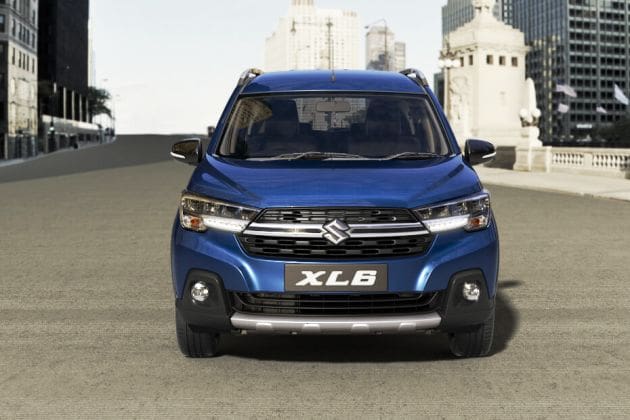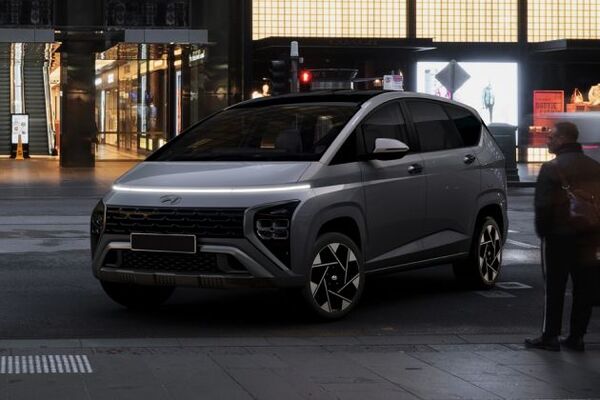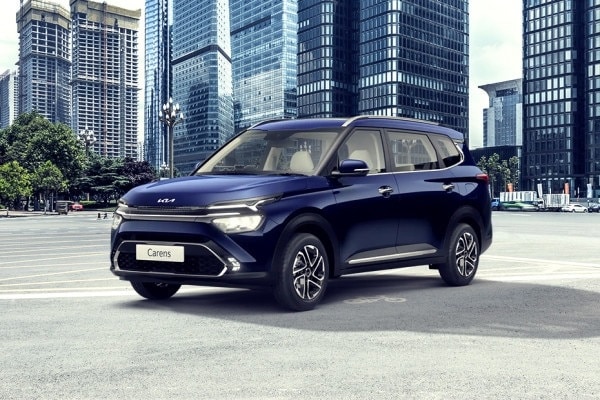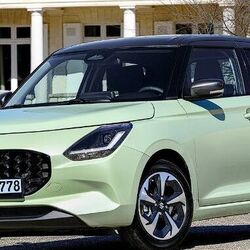50% of Maruti Suzuki’s CNG sales come from Ertiga, more demand for larger cars: Shashank Srivastava
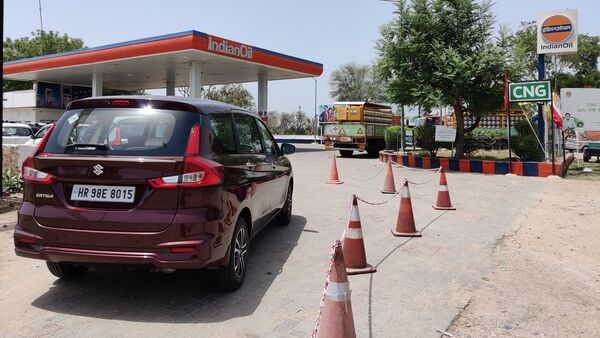

Maruti Suzuki India is the market leader in the passenger vehicle segment and the company holds a market share of 75 per cent in the sale of CNG vehicles. Elaborating on the same, Shashank Srivastava, Sr Executive Officer- Sales & Marketing, Maruti Suzuki, revealed that the Ertiga CNG contributes over 50 per cent to overall CNG sales, while larger models like the Brezza, XL6 and Grand Vitara have a larger contribution to overall volumes. The sales reflect the growing demand for larger vehicles across the industry as entry hatchbacks lose market share.
Maruti Suzuki is one of the pioneers in bringing CNG vehicles to the market and sold 328,800 cars in FY2023. The company has sold about 270,000 vehicles so far in this fiscal and is aiming to close the year with over 500,000 CNG vehicles sold. Maruti has 15 CNG models on sale including the Super Carry LCV, but its premium CNG portfolio only expanded in the last year with the arrival of new models.
Also check these Cars
Also Read : How Maruti Suzuki jumped to the top of the SUV sales chart
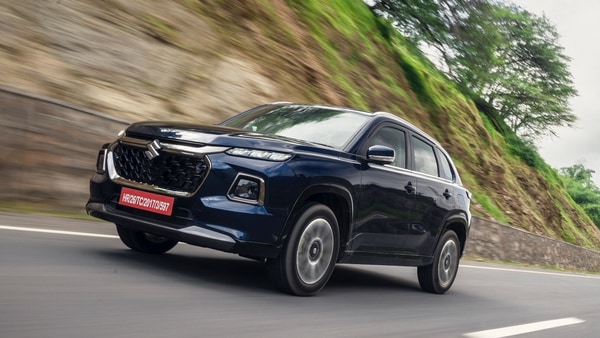

Speaking to the media, Shashank Srivastava said, “Smaller cars actually have a lower penetration of CNG. It is the larger cars which have the more penetration, In fact, the Alto penetration is just around 7 per cent compared with the Ertiga, which is more than 50 per cent. The Brezza alone, if you see, is about 24 per cent and the Grand Vitara is about 14 per cent. So larger vehicles actually are seeing much higher penetration than the smaller costs now."
Furthermore, Srivastava explained that the acquisition cost difference between an entry-level CNG car and its petrol counterpart is about ₹90,000-95,000. So as a percentage of the initial price, these smaller cars actually have a lower penetration of CNG. Do note that Maruti also supplies its CNG cars to Toyota with a chunk of volumes coming from badge-engineered models like the Rumion (Ertiga) and Glanza (CNG), while the upcoming Fronx-based Toyota model is also expected to get a CNG variant.
The rising fuel prices in the last few years have led to the reemergence of CNG cars in India, prompting other carmakers including Hyundai and Tata Motors to expand their respective portfolio. The low running cost, coupled with better safety standards and wider availability of the filling stations have helped attract new demand.
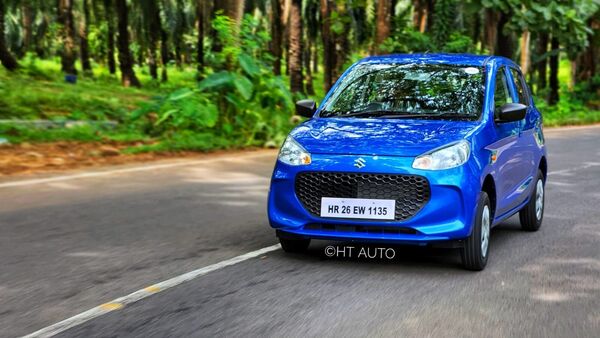

Srivastava revealed that CNG filling stations went up from 1,233 in 2016-17 to 5,710 in 2023-24 in a span of five years. This number is only expected to grow further to 17,000 in the coming five years. With a strong push from the central government in recent years in a bid to minimise crude oil imports, CNG is presently available in about 333 cities across 26 states, as opposed to just 13 states in 2016-17.
Also Read : New Maruti Suzuki Swift will be bigger than the outgoing model
By 2030, Maruti Suzuki expects about 15 per cent of its total sales to come from electric vehicles, followed by 25 per cent from hybrids, while the remaining 60 per cent will be contributed by flex fuel, CNG and bio-gas powertrain vehicles.
Srivastava says the company anticipates CNG vehicles to contribute roughly around 30-35 per cent to total volumes by the end of the decade. The number currently stands at about 28 per cent. It’ll be safe to say that CNG vehicles will continue to play an active role in Maruti Suzuki’s portfolio in the coming years. However, it needs to be seen if smaller hatchbacks will continue with CNG options in future iterations.







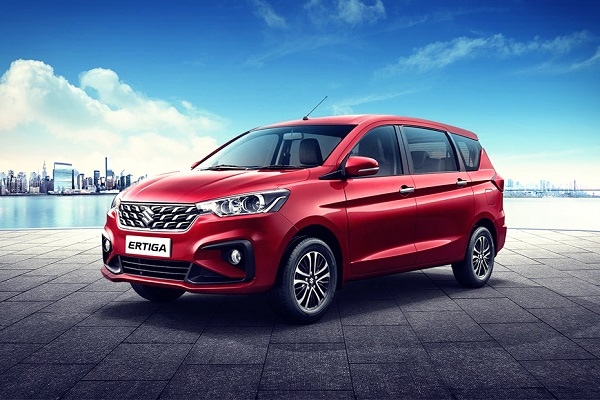
 1462.0 cc
1462.0 cc Multiple
Multiple